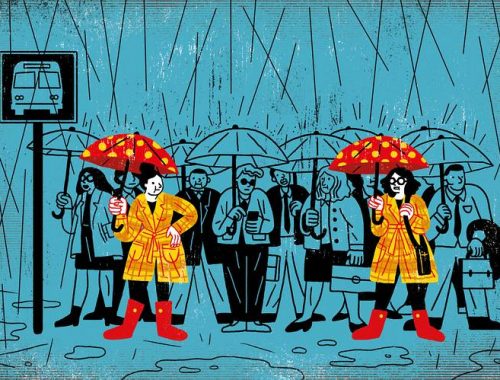Are you adjusting to medical school in Malaysia which medical students are fond of? Here are the 2 most common causes of chill in the human body that you might have heard about.

Flu
Influenza is often severe in terms of symptoms and incidence, including sore throat, fever, headache, muscle aches, constipation and cough. Thus, the body copes with the viruses by causing chills, increasing the body temperature to kill off the flu virus. Resulting in the common combination between fever and chills. Despite feeling like your body is frozen, the internal average body temperature could get up to about 40 degrees Celsius.
In most cases, the body will recover from flu viruses after 2 weeks people should practise proper rest while drinking lots of fluids. For children under 5 and elderly over 65, or anyone with long-term health issues, it is advisable to reach out to a doctor right away.
Infections
Normal infections from bacteria could also trigger the body’s defence system and increase body temperature.
However, there are still some severe infections that also cause chills in humans like:
Infection Due to a Kidney Stone
People might catch chills due to the infections derived from infections from organs such as the kidney are caused by irritations of kidney stones. These stones are formulated by minerals and salts colliding with each other and grow bigger as more minerals and salts are collected. The common cause of this phenomenon is people who don’t drink enough water every day with a high protein diet, obesity or people with high body mass index also have a high chance of getting kidney stones.
When kidney stones irritate or block the urinary tract, they can cause infections that cause chills.
Symptoms people might also express with kidney stones are:
- Pain in the side, back, abdomen, or groyne
- Pain when peeing
- Pink, red, or brown urine
- Urgent need to pee
- Urinate more or less than usual
- Misty urine with a strange smell
Reach out to doctors immediately if the stones don’t pass by themselves.
Hypothermia
When the body loses heat faster than the insulation power it can give off, the human body temperature begins to drop. In normal cases, it should be about 37 degrees Celsius. Anything below 35 degrees Celsius is known as hypothermia. This is the threshold when the body’s organs cannot function as they should if they are too cold. A chill is your body’s attempt to warm up again.
The first sign of hypothermia is shivering with others as follows:
- Slurred speech
- Slowed, shallow breathing
- Low energy
- Weak pulses
- Feeling clumsy in motions and vision
- Confusion
- Bright red, cold skin (often in babies)
Call 911 immediately if you or someone you know has hypothermia. Proper treatments may be needed to return body temperature to normal levels. This is more dangerous than it seems as the dropping body temperature might cause organ malfunction. Resulting in a gateway for further severe conditions that might pose threats to the person’s life.



